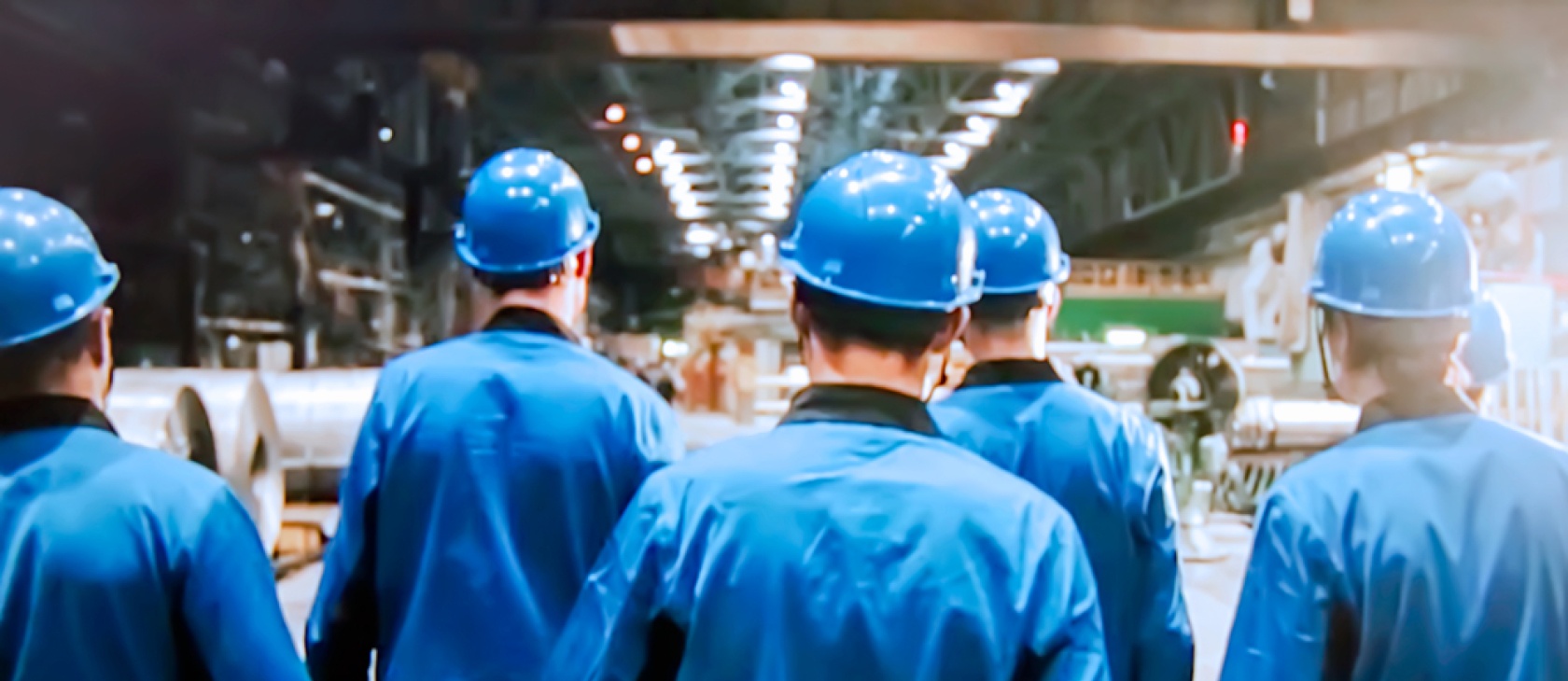Monsignor George G. Higgins, who died at the age of eighty-six on May Day 2002, dedicated his social ministry to improving the lives of workers. A priest with a doctorate in labor economics, he was uniquely qualified to speak on behalf of Roman Catholic social teaching concerning the dignity of the worker. Father Higgins was also a passionate defender of religious liberty in the American tradition and was very influential in the Second Vatican Council’s statement on behalf of human dignity and freedom. Yet he would be known by his concern for worker—thus the moniker, “the labor priest.”
In American parlance, being in favor of labor implies a strong support of labor unions. In the 1980s, before the collapse of communism, Father Higgins traveled to Poland to support the Solidarity movement, the main organizing body opposing the communist dictatorship. In this context, support for the labor union was consistent with supporting laborers generally. Under communism, all laborers were slaves of the state (not of capital, per se) and to champion their right to organize was to favor their freedom of association. It was different in the United States. Under a market economy, laborers are not slaves. Competition for labor requires firms to attract workers with the best pay and working conditions they are able to offer. The competitive engine of the market economy becomes the primary ally of workers. Labor unions, on the other hand, are not about individual choice; rather, they are about collective bargaining that assumes that private capital is the antagonist, not the friend, of labor.
The Catholic intellectual movement, which has traditionally backed organized labor, has never really understood the difference between labor under socialism and labor under the market economy. In the case of Msgr. Higgins, with whom I enjoyed spirited debate from time to time, his support for labor unions drew him into the controversial case of the California grape workers boycott of 1960, which he supported. It is true that the grape workers were in need of higher pay and benefits. It is also true that they enjoyed freedom of choice. The migrant workers did this seasonal work because it offered better terms than they could otherwise find. And these terms were available not because of the presence of union organizing but because of the free market for agricultural projects that made their labor valuable.
To be sure, business has a moral obligation to treat workers well. The system under which this moral obligation is mostly likely to be fulfilled—because it makes the resources available and gives both workers and business owners the freedom to make contracts—is the free-market economy. The mere presence of a free-market system does not fulfill that moral obligation, but it does ensure that exchanges are made freely, without coercion, and to each party’s mutual advantage.
Msgr. Higgins dedicated his life to guaranteeing the rights of workers and improving the conditions under which they fulfill their vocations in the workplace. His moral voice made a difference, not only when he championed workers’ rights but also when he denounced unions for corruption, racism, and violence. Most fundamentally, he believed in the right of workers to the freedom of association. It is this right, operating within a democratic capitalist framework, that is achieving his aims.













